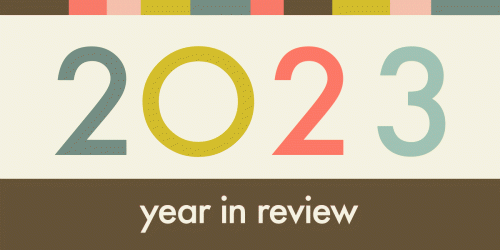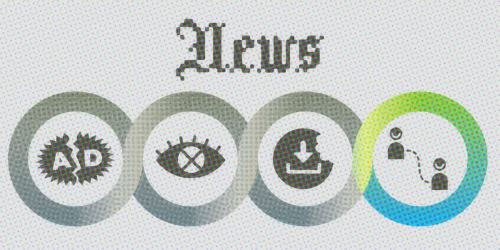 If you’ve been watching the issue of net neutrality this year, you know it’s been quite a ride. The year started with the D.C. Circuit overturning the majority of the FCC’s 2010 Open Internet rules, explaining that the FCC can’t impose “common carrier”-type rules on ISPs without actually classifying them as “common carriers.” Having chosen to classify them instead as “information services” back in 2004, the ruling meant the FCC had to go back to the drawing board. That led to a new proposal in May by FCC Chairman Tom Wheeler that many believed would actively undermine the open Internet in the name of protecting it.
If you’ve been watching the issue of net neutrality this year, you know it’s been quite a ride. The year started with the D.C. Circuit overturning the majority of the FCC’s 2010 Open Internet rules, explaining that the FCC can’t impose “common carrier”-type rules on ISPs without actually classifying them as “common carriers.” Having chosen to classify them instead as “information services” back in 2004, the ruling meant the FCC had to go back to the drawing board. That led to a new proposal in May by FCC Chairman Tom Wheeler that many believed would actively undermine the open Internet in the name of protecting it.
Those rules did little to reassure us that the FCC would do a good job regulating broadband. But after looking closely at industry developments and legal alternatives, EFF concluded that part of our strategy for fostering net neutrality should be to help the FCC get things right. After all, ISP behavior was getting worse, consumers have fewer options for voting with their wallets, and the FCC seemed determined to regulate one way or another. That’s why in June we suggested the FCC should issue new, targeted guidelines that would survive court scrutiny – and expressly commit to go no further.
In the meantime word spread about the risk to the open Internet, and more and more people started to speak out on the issue—even late night comedians. By July, the FCC had received over 1.1 million comments, with less than 1% opposed to net neutrality.
Our voices would only get louder. In September, just days before the final deadline for submitting comments to the FCC, a variety of websites participated in Internet Slowdown Day. By the time the comment deadline was reached over 3.7 million comments had been submitted (which ironically caused the FCC’s servers to crash).
But Chairman Wheeler still didn’t get the message. Word leaked that he was considering a “hybrid” proposal which would attempt to divide Internet access into two parts—and only the part facing edge providers would get strong net neutrality rules. This was a terrible idea for any number of reasons. Fortunately President Obama agreed, and in November he joined us by speaking out in support of Title II reclassification. Once again the FCC was sent back to the drawing board.
So what should we expect in the new year? The FCC is likely to publish its new rules sometime early in the year, and there’s no question that Title II reclassification (with a healthy dose of forbearance) is on the table. But we need to keep the pressure on to counter the misinformation campaigns many telecoms are mounting inside and outside of the beltway.
This was the year that net neutrality exploded into the mainstream consciousness, and we couldn’t have done it without your help. By raising your voices, you prevented ISPs from steamrolling the FCC with weak net neutrality rules, and completely changed the game. Here’s to keeping the fight strong in 2015.
This article is part of our Year In Review series; read other articles about the fight for digital rights in 2014. Like what you're reading? EFF is a member-supported nonprofit, powered by donations from individuals around the world. Join us today and defend free speech, privacy, and innovation.








